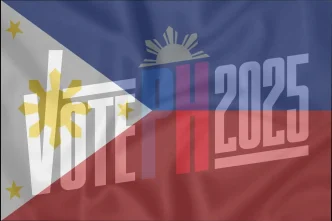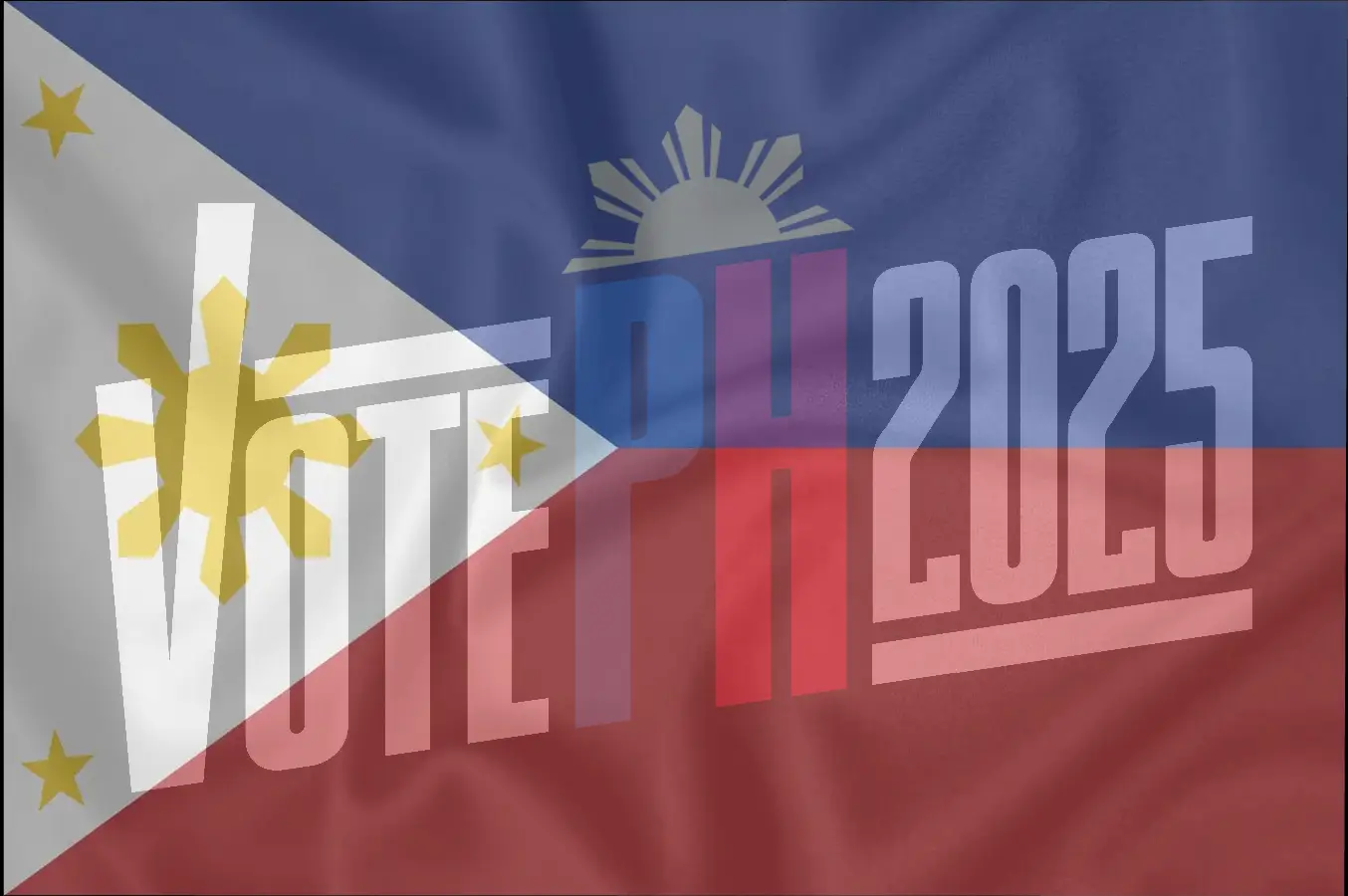As millions of Filipinos cast their votes in the midterm elections on May 12, 2025, a troubling wave of campaign violations, dominated by the dangerous practice of red-tagging, has cast a shadow over the democratic process. Reports compiled by Vote Report PH, a citizen-led monitoring initiative, reveal a staggering 1,750 documented violations nationwide by the close of the campaign period on May 10, nearly eight times the number recorded during the 2022 elections. This unprecedented surge underscores both the growing challenges to electoral integrity and the heightened vigilance of Filipino voters in reporting abuses.
A Dramatic Rise in Violations
The data from Vote Report PH paints a grim picture of the 2025 election season. Of the 1,750 verified reports, online violations accounted for 77.03 percent, totaling 1,348 cases. Within this digital sphere, red-tagging—a practice that baselessly labels individuals or groups as communists or terrorists, often exposing them to harassment or violence—dominated, comprising 99.63 percent of online complaints. Other online violations, though minimal, included black propaganda or disinformation (0.22 percent), copyright infringement (0.07 percent), and misuse of public resources (0.07 percent).
On-the-ground violations, while fewer at 402 reports, followed a similar trend. Red-tagging again topped the list, making up 47.26 percent of physical incidents, followed by illegal campaigning at 24.88 percent and disinformation at 10.20 percent. Other reported abuses included election-related violence (9.70 percent), vote buying (2.74 percent), and anomalies during the final testing and sealing of voting machines (2.74 percent). Lesser but still concerning issues ranged from partisan activities by the Armed Forces of the Philippines or Philippine National Police (0.75 percent) to the removal of campaign posters (0.25 percent).
Compared to the 2022 elections, where Vote Report PH recorded just 224 verified violations—with vote buying (29 percent) and red-tagging (24.1 percent) as the leading issues—the 2025 figures signal a dramatic escalation. This near-eightfold increase not only highlights the intensifying threats to fair elections but also reflects a growing public awareness and willingness to document irregularities, aided by platforms like Vote Report PH.
The Perils of Red-Tagging
Red-tagging, long a contentious issue in Philippine politics, has emerged as the defining violation of this election cycle. The practice, which often lacks evidence, places individuals—candidates, activists, and ordinary citizens alike—at severe risk of harassment, intimidation, or even violence. Its prevalence online, where accusations can spread rapidly and anonymously, amplifies its impact, stifling free speech and undermining democratic discourse.
Election watchdog Kontra Daya, alongside Vote Report PH, has sounded the alarm over this trend. Prof. Danilo Arao, convenor of Kontra Daya, emphasized the urgency of addressing the issue, stating, “We call on the Commission on Elections (Comelec) to act swiftly against these cases. Red-tagging not only violates Comelec Resolution No. 11116 but also endangers the lives of the victims.”
Comelec Resolution No. 11116 explicitly prohibits red-tagging, classifying it as an election offense punishable under existing laws. The regulation aims to shield candidates, political parties, and community leaders from unfounded accusations that threaten their safety and ability to participate in the electoral process. Yet, with red-tagging constituting the majority of both online and on-ground violations, questions remain about the effectiveness of enforcement and the capacity of authorities to curb this pervasive threat.
Broader Implications for Democracy
The surge in red-tagging and other violations raises broader concerns about the state of democracy in the Philippines, a nation with a history of tumultuous elections marked by violence and political intimidation. Midterm elections, while not presidential, are critical for shaping the balance of power in Congress and local governments, often serving as a referendum on the sitting administration. This year’s polls are particularly significant given the ongoing political tensions, including the Senate race tied to Vice President Sara Duterte’s impeachment trial, as reported by local outlets.
Beyond red-tagging, the spectrum of violations—ranging from illegal campaigning to voter harassment and election-related violence—points to systemic challenges in ensuring a free and fair electoral process. Reports of violence marring polling day, including a voter’s death after casting a ballot and the arrest of armed men in Albay, further compound these issues. Additionally, environmental factors such as extreme heat, with temperatures reaching 43°C in some areas, have altered voting behavior, potentially disenfranchising vulnerable groups like the elderly or disabled, as seen in images of wheelchair-bound voters enduring long lines at polling stations.
Advocacy groups argue that these violations, if left unaddressed, could erode public trust in democratic institutions. Vote Report PH has urged citizens to remain vigilant even after the campaign period, emphasizing real-time reporting as a tool to safeguard the integrity of the results. Their call to action, translated from Filipino, resonates with a sense of ongoing struggle: “Fellow countrymen, the campaign is over, but the fight isn’t. Let’s combat cheating right up to the election itself.”
Comelec Under Scrutiny
The Commission on Elections (Comelec) now faces intense scrutiny over its response to the reported violations. While Resolution No. 11116 provides a legal framework to tackle red-tagging, enforcement remains inconsistent, according to critics. The sheer volume of complaints, particularly those documented online, poses a logistical challenge for an agency already grappling with the complexities of overseeing a national election amid political and social unrest.
Moreover, the rise in digital violations highlights the evolving nature of electoral threats in the age of social media. Online platforms, while empowering citizens to report abuses, also serve as breeding grounds for disinformation and targeted harassment. Addressing these issues requires not only stricter regulations but also collaboration with tech companies to monitor and mitigate harmful content—a task that Comelec has yet to fully master.
For many observers, Comelec’s handling of the 2025 midterm elections will be a litmus test of its commitment to protecting democratic values. Failure to act decisively against red-tagging and other violations could embolden perpetrators in future elections, further endangering candidates and voters alike. As Prof. Arao noted, the stakes extend beyond legal penalties to the very lives of those targeted by such accusations.
Public Vigilance as a Countermeasure
Amid the challenges, citizen-led initiatives like Vote Report PH have emerged as vital counterweights to electoral abuses. By providing accessible channels for reporting violations—covering everything from voter harassment to tampered ballots—the platform empowers ordinary Filipinos to play an active role in defending their democracy. The significant uptick in reports compared to 2022 suggests that public awareness of electoral rights and responsibilities is on the rise, even if the issues themselves have worsened.
Advocacy groups are also pushing for broader reforms, including stronger protections for those targeted by red-tagging and harsher penalties for election offenses. Some propose educational campaigns to combat disinformation and promote digital literacy, equipping voters to discern credible information from propaganda. Others call for greater transparency in how Comelec investigates and resolves complaints, ensuring accountability at every stage of the process.
Looking Ahead
As the Philippines tallies the votes from the 2025 midterm elections, the surge in campaign violations, particularly red-tagging, serves as a stark reminder of the fragility of democratic processes in the face of systemic and emerging threats. Whether Comelec can deliver a robust response to these challenges remains an open question, one that will likely shape public confidence in the electoral system for years to come. For now, the resilience of Filipino voters—evident in their determination to report abuses and hold authorities accountable—offers a glimmer of hope amid an otherwise troubling landscape.
















